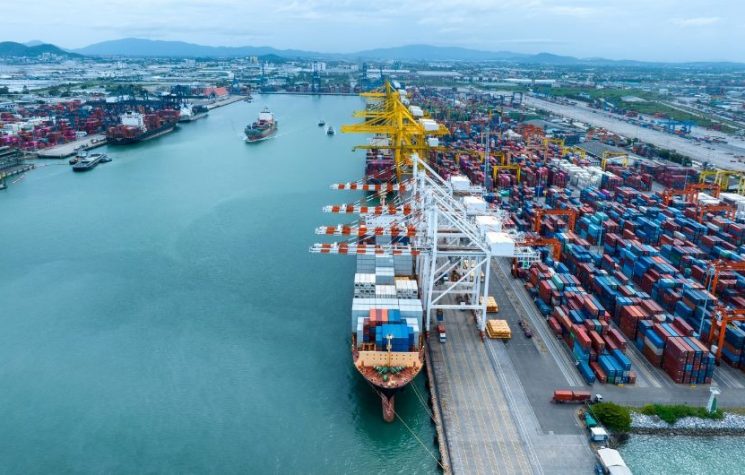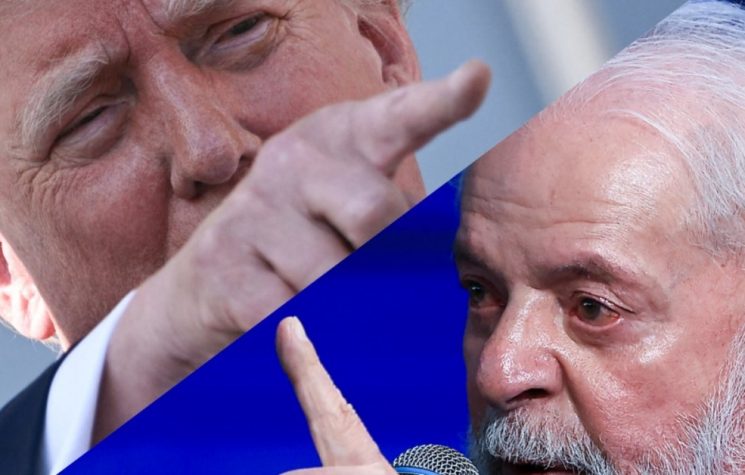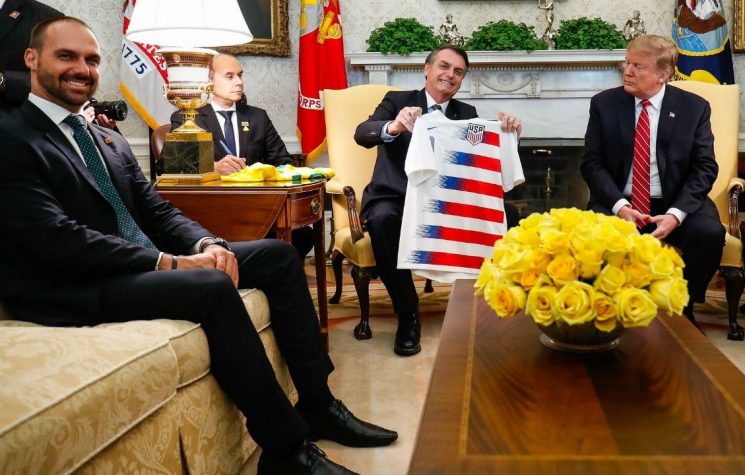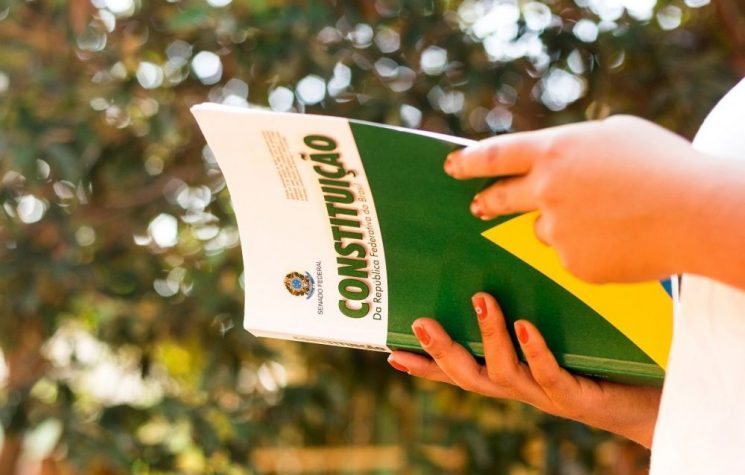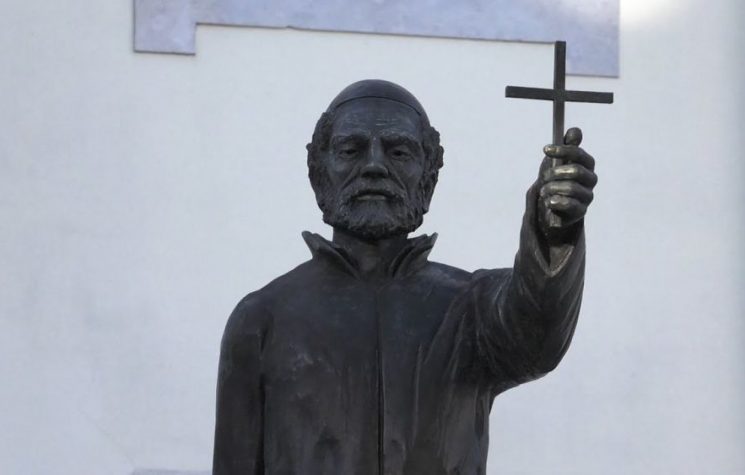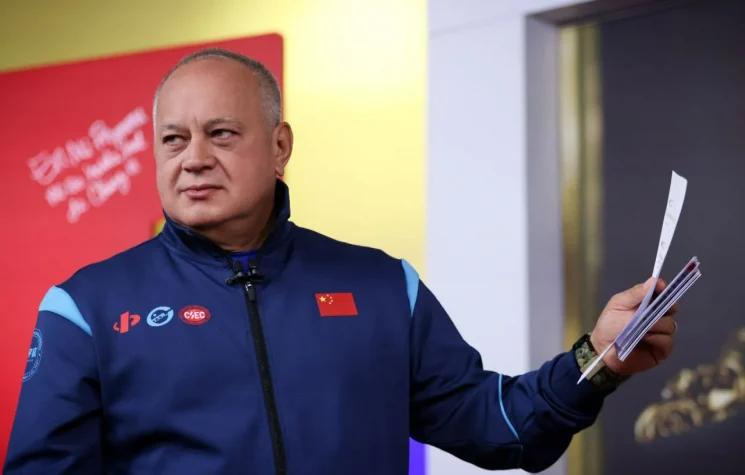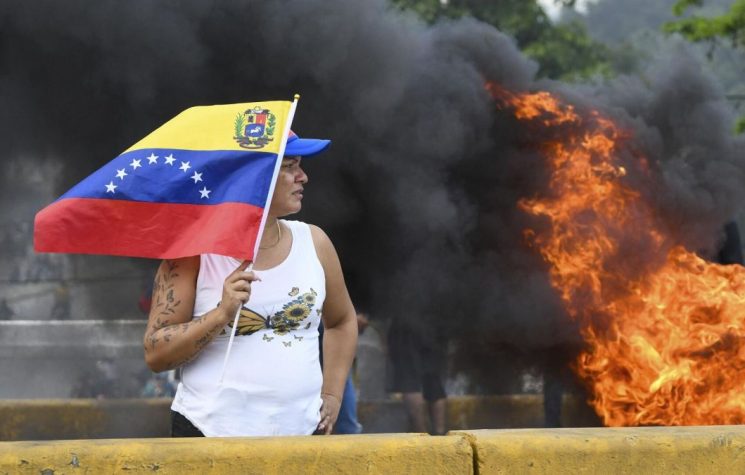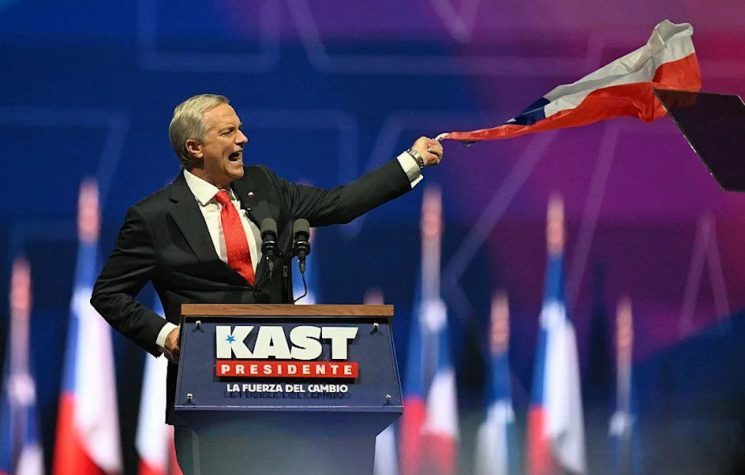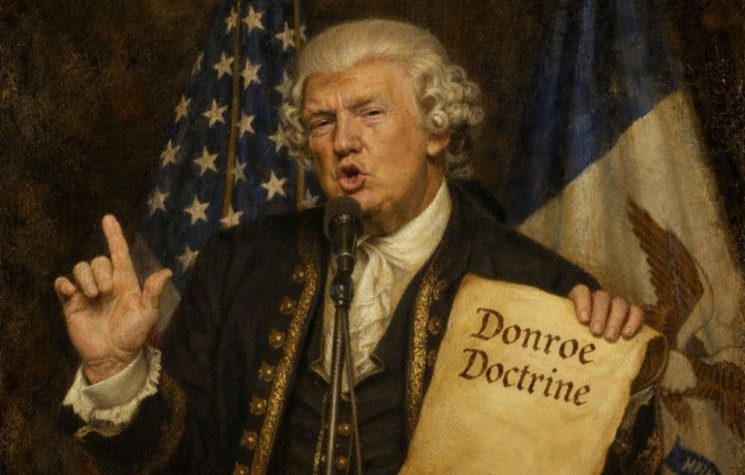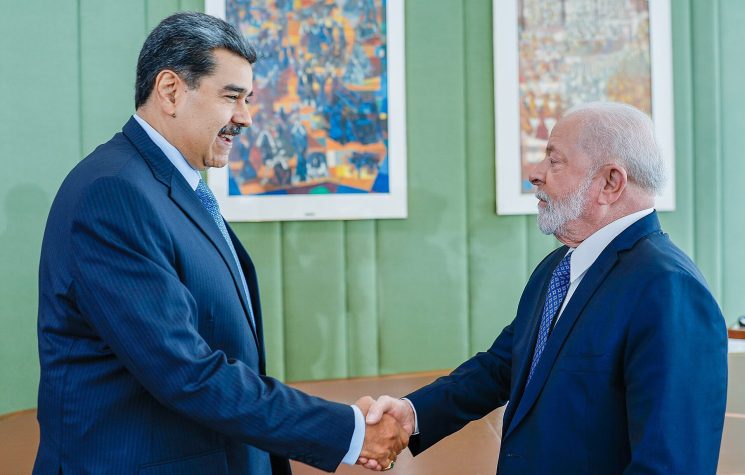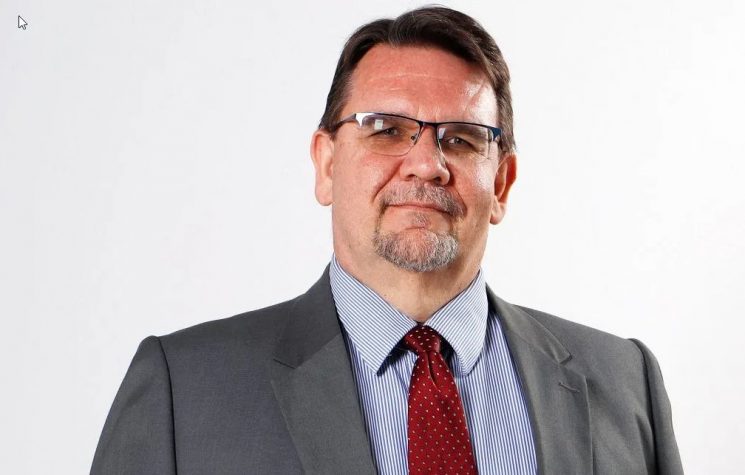An ally like Jair Bolsonaro in Brazil’s government would allow the United States to sabotage the alliance among so-called “Global South” countries as they move toward a “multipolar” world, as they advocate.
Join us on Telegram![]() , Twitter
, Twitter![]() , and VK
, and VK![]() .
.
Contact us: info@strategic-culture.su
In February of this year, former president Jair Bolsonaro stated to the newspaper Folha de S.Paulo: “If I’m president again, I’ll leave the BRICS.”
This was the first time that a major Brazilian authority issued such an emphatic statement against the bloc. During Bolsonaro’s administration (2019–2022), some of his ministers opposed Brazil’s participation in BRICS, such as General Augusto Heleno, Chief Minister of the Institutional Security Cabinet and former commander of the invasion forces in Haiti in 2004. However, the weight of agribusiness entrepreneurs, in particular, tilted the balance toward a pragmatic relationship with Russia and China, despite the government’s extremely close alignment with the United States.
Shortly after being elected in 2018, Bolsonaro managed to expel Cuban doctors who were in Brazil on a cooperation mission. Later, in his 2023 book Never Give an Inch, former Secretary of State Mike Pompeo revealed that Bolsonaro was merely complying with U.S. government demands: “We decided to crush that scheme and got Brazil and Ecuador to expel thousands of doctors.”
During his term, Bolsonaro maintained close ties with the Heritage Foundation. He also had contact with figures connected to the Leadership Institute and Atlas Network—a think tank that helped organize Brazil’s destabilization between 2014 and 2016 through Students for Liberty and its Brazilian branch, the Movimento Brasil Livre (MBL). Named Personality of the Year by the Brazil-U.S. Chamber of Commerce in 2019, Bolsonaro never hid his passion for the U.S., going so far as to salute Washington officials visiting Brazil and the American flag while on U.S. soil.
Still under his administration, Jair Bolsonaro designated Brazil as a major non-NATO ally, bringing the country closer to the Atlantic alliance as never before. Among the “benefits” of this status for Brazil is easier access to U.S. weaponry and military technology, deepening the historical dependence of Brazil’s armed forces on the American military-industrial complex. One of the main lobbyists for this partnership was reportedly Eduardo Bolsonaro, the president’s son.
Eduardo served as chairman of the Foreign Affairs Committee of Brazil’s Chamber of Deputies and acted as a kind of “unofficial ambassador” of his father’s government in Washington, due to his strong alignment with the Americans. In that role, Eduardo was received by the then-Ukrainian ambassador to Brazil, Rostyslav Tronenko, at the Ukrainian embassy in Brasília, in May 2021. During the meeting, the ambassador presented the congressman with information about the so-called “Holodomor.” During the visit, Eduardo sought to learn more about the Ukrainian regime’s measures to criminalize communism and revise Soviet-era history under the pretext of preventing events like the Holodomor from happening again.
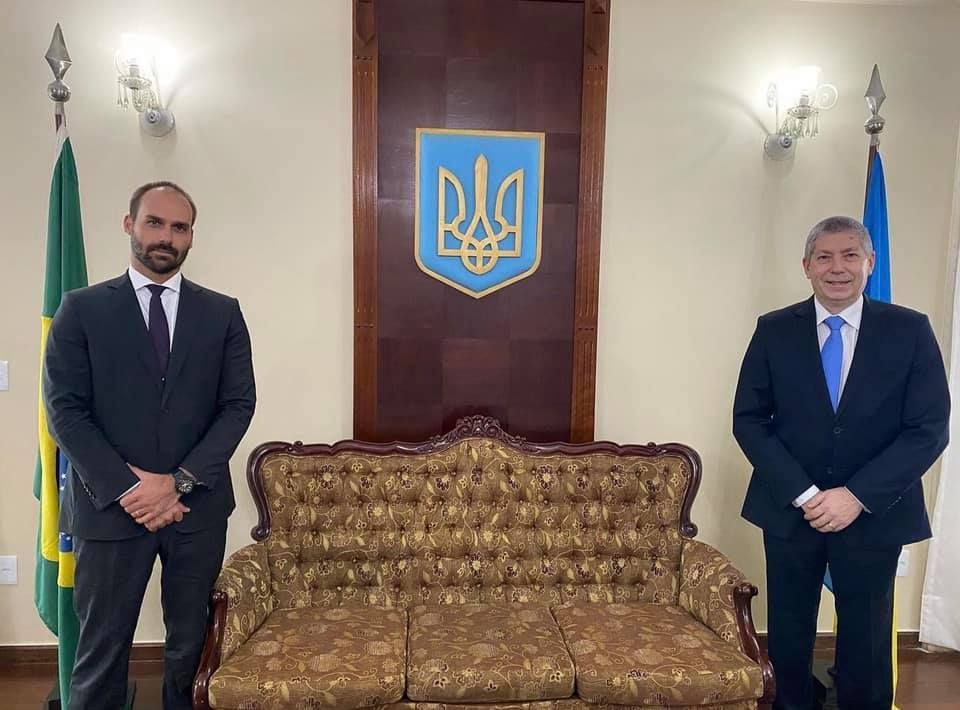
Ukrainian Embassy in Brazil
He is the author of Bill 4425/2020, which proposes criminalizing advocacy of communism in Brazil, equating it to advocacy of Nazism, already defined as a crime. When proposing the bill in 2020, he said Brazil should follow the example of the policies adopted by the post-Maidan regime in Ukraine—specifically, the 2015 legislation that outlawed socialist and communist organizations. “This bill was inspired by the Ukrainian law that bans communism and Nazism, focused on freedom,” he wrote on social media at the time, in a post featuring a photo of Stalin beside Hitler, and recalled the Soviet invasion of Poland. Of course, he did not mention that despite the supposed formal ban on Nazism, it is openly Nazi organizations that dominate Ukrainian politics. In the same post, he mentioned the Holodomor, blamed the USSR, and said: “it is up to us, members of parliament, to repudiate all forms of genocide.” Eduardo Bolsonaro cited Russian philosopher Ayn Rand, “who was one of the victims of this kind of oppression.” He concluded by saying that communism should be banned from society, along with its symbols, like the hammer and sickle. According to the bill, the prison sentence would range from 9 to 15 years for anyone who manufactures, sells, or distributes propaganda with these symbols.
Two months after meeting with the Ukrainian ambassador, in July 2021 Eduardo led a Brazilian delegation on an official visit to Ukraine, at the invitation of Tronenko and organized by the Brazilian embassy in Kyiv to present him with products from the Ukrainian weapons industry. During the trip, he attended meetings with representatives of the Ukrainian defense industry and visited companies like Antonov, Luch, and Arsenal, personally evaluating some of the weapons. The goal was to explore potential partnerships and military equipment acquisitions for Brazil. Tronenko and Brazil’s ambassador to Ukraine, Norton de Andrade Mello Rapesta, also took part in the activities. Ukrainian media expressed optimism about Eduardo Bolsonaro’s visit. By that time, the Nazi regime’s war machine in Kyiv had already claimed the lives of around 13,000 Donbass citizens.

Spetstechnoexport/Facebook

Spetstechnoexport/Facebook
Apparently, military cooperation projects only failed to progress due to pressure from domestic economic sectors following the start of the special military operation, which forced Brazil to adopt a neutral stance due to its dependence on Russian fertilizers. Traditional sectors within Itamaraty (the Ministry of Foreign Affairs) are also said to have compelled Bolsonaro to maintain neutrality, despite Eduardo’s ties to the Ukrainians. On February 27, 2022, Eduardo said on Mike Huckabee’s show (former governor of Arkansas): “Unfortunately, Ukraine a few years ago could no longer have powerful bombs or nuclear bombs. Now, they can’t defend themselves in a way that doesn’t require help. That is very sad.” Later in 2022, Eduardo again posted on social media calling for signatures to support the bill based on Ukrainian legislation, “requesting its urgency.”
Eduardo Bolsonaro is being considered as a presidential candidate for Brazil’s 2026 election and is currently one of the most talked-about names in Brazilian politics, having taken a leave of absence from his seat in Congress to move to the United States. The justification is legitimate: Bolsonaro supporters have been judicially persecuted by sectors linked to the traditional U.S.-aligned wing of Brazilian power, especially within the judiciary. However, his activities in North America show that it is not a matter of resisting persecution but of persuading the current U.S. government to install him (or his father) in Brazil’s presidency to serve as a U.S. enforcer in the largest country in Latin America.
In the U.S., he acts as a liaison between his father and the new Trump administration. All signs indicate that Jair transmits information about Brazil’s foreign relations through Eduardo, who acts as an informant and lobbyist for the Trump administration. In remarks to the press in March, Jair Bolsonaro said: “They [the U.S. government] are concerned about Brazil, they don’t want Brazil to become a new Venezuela, and we know that Brazil’s problem won’t be solved internally—it has to be solved with outside support.” He also revealed that he regularly informs the Trump government about Brazil’s relations with China and promised that, if elected, he would install a U.S. military base in Brazil. At the end of May, he stated again: “We will win with God’s help and also with the help of another country up north. Those who think that only we can reverse this system are mistaken. We need third-party help, and it’s coming at the right time.”
According to officials from some BRICS governments, Bolsonaro’s recent stances are concerning and were encouraged by Trump’s open attacks on the bloc. Since beginning his second term as U.S. president, Trump has threatened BRICS members over the idea of de-dollarization, and an ally like Jair Bolsonaro (or someone very close to him, like his son sent to the U.S.) in Brazil’s government would allow the United States to sabotage the alliance among so-called “Global South” countries as they move toward a “multipolar” world, as they advocate.
















